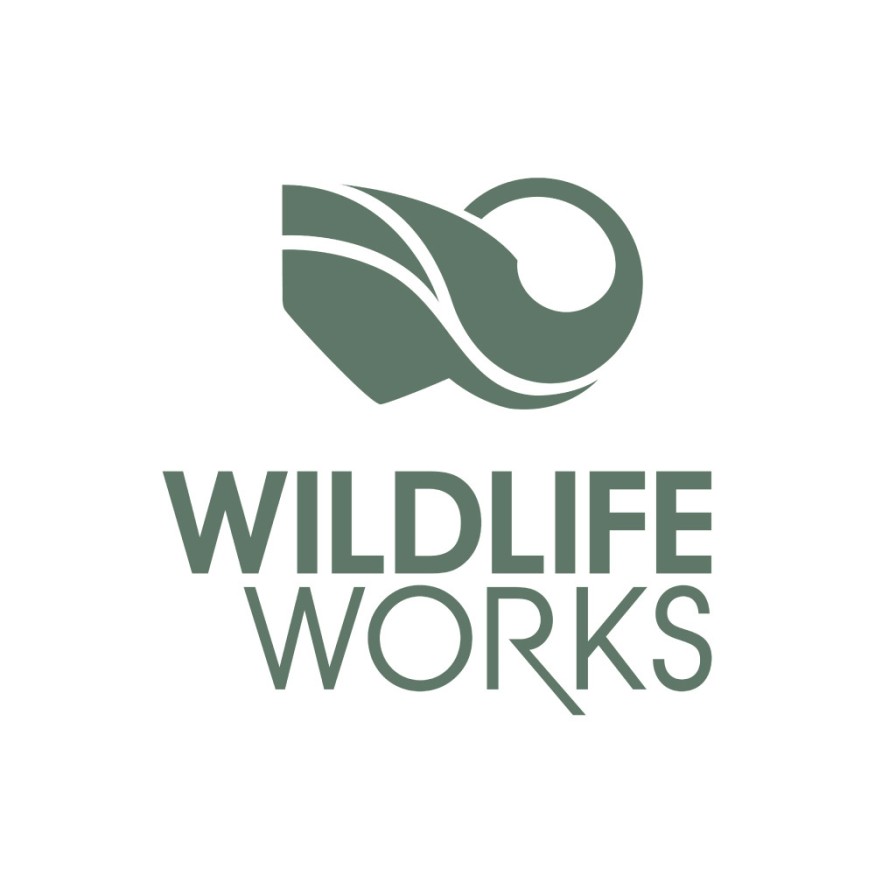
Ensuring Equitable REDD+ Projects
Indigenous peoples and local communities have often gone wholly unrecognized for their efforts to protect their lands. In extreme cases, some have even lost their lives fighting to protect the forest ecosystems they call home.
With high-integrity Reducing Emissions from Deforestation and Degradation (REDD+) projects, Indigenous peoples and local communities receive direct compensation for protecting these ecosystems. As carbon project developers seek to establish REDD+ projects in the Global South, it is imperative that governments and Indigenous people engage as equal partners and co-designers. This is a prerequisite if projects are to be effective and sustainable.
Wildlife Works is the world's leading Reducing Emissions from Deforestation and Degradation (REDD+) project development and management company. For Wildlife Works, the key to successful REDD+ projects is putting community-led forest protection at the forefront of tackling climate change. The following is a closer look at equitable REDD+ project implementation, based on Wildlife Works' 25 years of experience partnering with Global South communities to make conservation work for their development goals. These recommendations ensure that compensation earned from these projects is equitably shared, direct, tangible, and measurable to local people and host governments.
Conduct Knowledge Sharing and Listening Sessions
Developers must first conduct in-depth knowledge-sharing and listening sessions with communities to understand their lived experiences, including community history, governance structures, resources, and land use. Where possible, the developer should engage local, reputable NGOs, which may have established relationships with communities and can assist in ensuring accurate interpretation of information.
Guarantee Free, Informed, Prior Consent
After conducting knowledge-sharing and listening sessions, confirming that communities feel equipped to enter the free, prior, and informed consent process is paramount. Local communities must have adequate time to process all pertinent information before agreeing to a project. Consent should also be considered fluid throughout the lifetime of any REDD+ project.
Project managers should aim to foster culturally respectful processes for dialog and build long-lasting relationships founded on mutual respect and trust, which uphold the community's existing governance structures. This ensures that local leaders are included as co-creators throughout the duration of the project's implementation, which can last for decades.
Agree on Fair Revenue Share
An equitable REDD+ project must be built on the foundation of a fair revenue share model. Wildlife Works advocates for revenue share agreements to maximize the income directed toward self-determined community projects. Balance must also be achieved between revenue share levels and the overall sustainability of REDD+ projects. Revenue structures should, whenever possible, align with national carbon program policies.
For full recommendations, read 7 Recommendations to Ensure Equitable REDD+ Projects
Wildlife Works
Wildlife Works is a global community-centered conservation organization founded in 1997. The organization implements economic solutions to protect the planet's most endangered forests. These financial solutions support environmental conservation by directly financing community conservation efforts in critically threatened forests in Africa, South America, and Southeast Asia.
Wildlife Works believes equity is at the heart of the most effective Reducing Emissions from Deforestation and Degradation and other similarly developed environmental conservation projects. To be successful, they believe that Indigenous peoples and local communities must directly feel the benefits of these projects. Find out more at WildlifeWorks.com/REDD-Projects.
© 2025 NatureWorldNews.com All rights reserved. Do not reproduce without permission.





